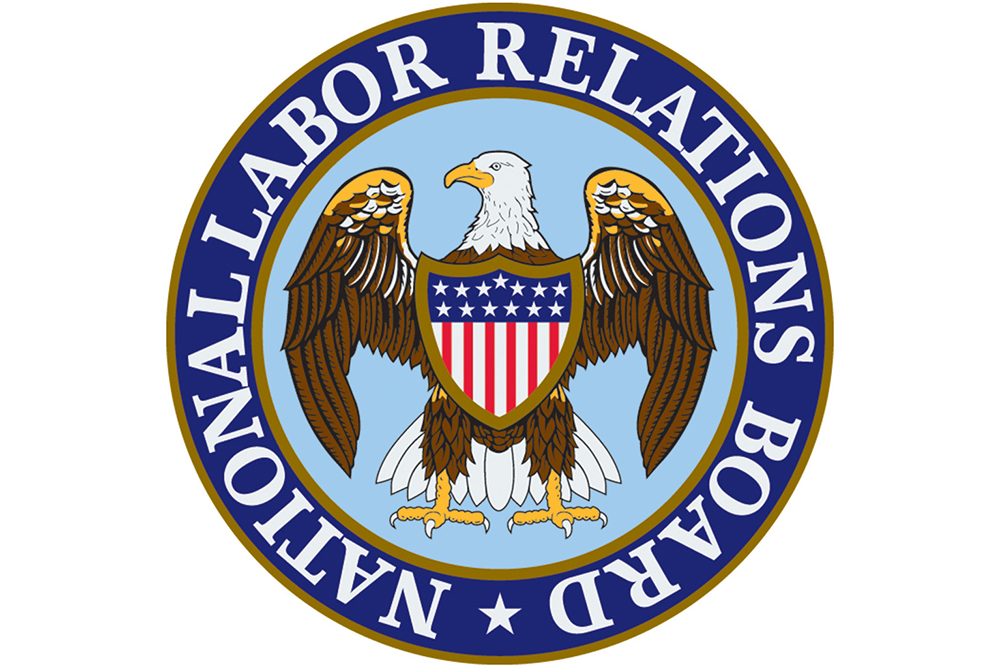Employers should be on the lookout for new rules from the National Labor Relations Board (NLRB) related to the definition of joint employment as well as amendments to the Board’s rules on union election procedures made in April 2020.
Joint Employment
In its announcement of rulemaking priorities on June 21, the NLRB said it plans to engage in rulemaking on the standard for determining whether two employers are joint employers under the National Labor Relations Act (NLRA).
A rule from the previous administration makes it easier for employers to avoid joint-employer status, but the current Board is expected to return to a different standard.
“This is a perfect example of the kind of pingpong back and forth that can occur when there is a new majority, this time Democratic, on the Board,” Richard Rainey, an attorney with Womble Bond Dickinson (US) LLP in Charlotte, North Carolina, says.
“Just two years ago, the NLRB, with a Republican majority, issued a joint-employer rule that made it more difficult to establish a joint-employment status,” Rainey says. “That rule was in response to a case ruling issued under the Obama administration that made it easier to show a joint-employment relationship.”
Rainey expects a new rule to again make it easier to establish joint employment. “Whether that swings all the way back to the Obama administration holding or beyond or ends up somewhere in the middle is hard to predict,” he says.
Rainey says the standard for joint employment is important to companies that have staffing agencies supplying employees. It also can have a significant impact on franchisor/franchisee arrangements and construction sites where multiple employers are involved.
Rainey advises those employers to monitor the rulemaking process and review their contractual arrangements to see which party has ability to control the terms and conditions of employment such as wages, benefits, hours of work, hiring, discipline, and terminations to assess whether that contract language needs to be clarified to avoid a joint-employment determination.
Union Election Procedures
In addition to the joint-employment issue, the NLRB’s rulemaking plans to address procedures governing “blocking charges,” voluntary recognition, and the formation of bargaining relationships in the construction industry.
The NLRB will focus on amendments to Board rules issued in April 2020 during the Trump administration. Those amendments changed the Board’s blocking charge policy.
Under the old rules, a union claiming management engaged in an unfair labor practice could temporarily block an employer’s petition to hold an election to decertify the union.
The April 2020 amendment changed the rule so that an unfair labor practice charge by itself isn’t sufficient to delay an election.
Burton J. Fishman, an attorney with FortneyScott in Washington, D.C., says the Trump Board tried to return increased procedural due process to election rules and succeeded only partially. Now, he says employers can expect a return to the Obama-era rule, but such a change is likely to run into a judicial challenge.
Tammy Binford writes and edits news alerts and newsletter articles on labor and employment law topics for BLR web and print publications.
The post NLRB Announces Plans for Rules on Joint Employment, Union Election Procedures appeared first on HR Daily Advisor.
